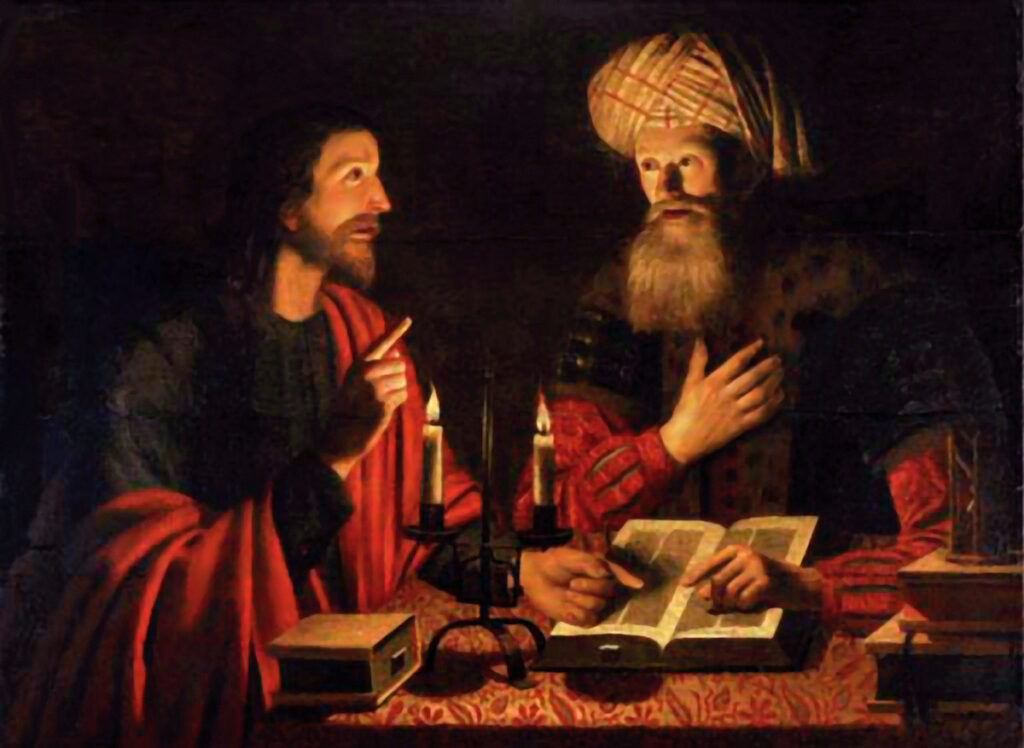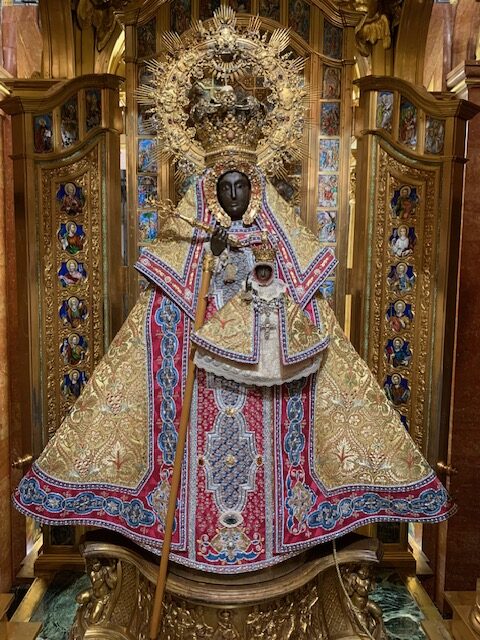
Second Week of Easter
Monday
Gospel of John 3, 1-8
Starting today, throughout the Easter Season, we will read the Gospel of John. Starting for four days with the third chapter, the dialogue between Jesus and Nicodemus.
The Pharisee, a doctor of the law, is quite well disposed. He goes to visit Jesus, even though he does it at night. He knows how to draw some good conclusions: he recognizes Jesus as a teacher come from God, because the miraculous signs of God accompany him. He has good will.
The scene is beautiful. Jesus welcomes Nicodemus. In the light of a lamp she talks serenely with him. He listens to the doctor of the law’s remarks, some of them dull. It is proper to the evangelist John to write the dialogues of Jesus from the misunderstandings of his interlocutors. Here Jesus does not speak of being born again biologically, as he did not speak of well water with the Samaritan woman, nor of material bread when he announced the Eucharist. But Jesus is not impatient. He reasons and presents the mystery of the Kingdom. He does not impose: he proposes, he leads.
Jesus helps Nicodemus go deeper into the mystery of the Kingdom. Believing in Jesus -which will be the central theme of the whole dialogue- supposes «being born again», «being reborn» of water and of the Spirit. Faith in Jesus – and baptism, which will be the rite of entry into the new community – has profound consequences in one’s life. It is not about acquiring knowledge or changing some rituals or customs: being born again indicates the radical nature of the change that the «Jesus event» implies for the life of humanity.
Reflection
The Gospel, with its affirmations about «rebirth», challenges us just like Nicodemus: does the Easter that we are celebrating have profound effects of rebirth in us? On the day of our Baptism we receive through the sign of water and the action of the Spirit the new existence of the Risen One. Celebrating Easter is reviving that baptismal grace. On Easter night, at the Vigil, we renew our baptismal promises. Were they just routine words, or did we mean them? Have we understood faith in Christ as a new life that has been given to us and that is more revolutionary than we thought, because it shakes our convictions and tendencies?
To be born again is to receive the life of God. It is not like changing your dress or washing your face. It affects our whole being. Since we believe in Christ and live his life, since Baptism, we have to be in a continuous attitude of rebirth, especially now at Easter: so that the life of God that is in us, animated by his Spirit, grows and does not is turned off by fatigue or by the temptations of life.
Fr. Antony Majeesh George Kallely, OFM










